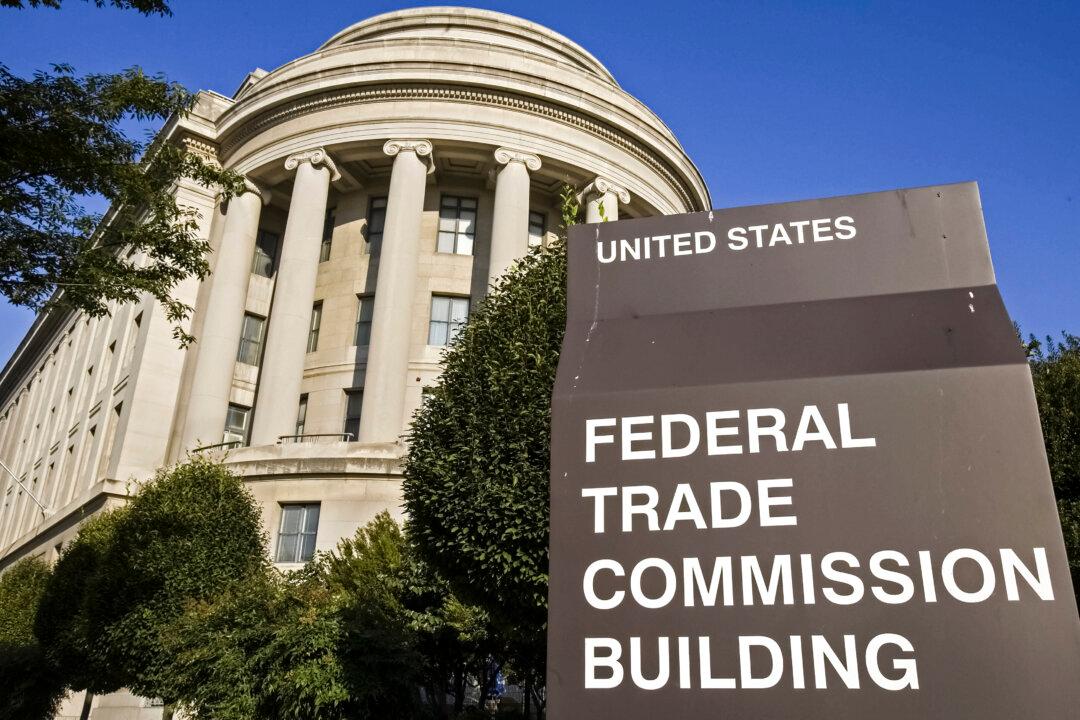The U.S. Federal Trade Commission (FTC) on Sept. 6 warned 31 adoption intermediaries that they may be violating the law by posting misleading ads that suggest they are licensed child adoption agencies.
Adoption intermediaries are unlicensed entities that serve as middlemen between prospective adoptive parents and birth parents in private adoptions, typically for a hefty fee.





